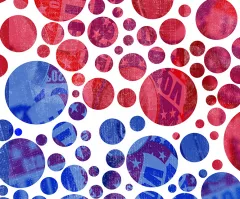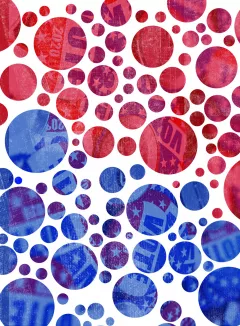Jonas Kaiser is a Faculty Associate at the Berkman Klein Center for Internet & Society, Assistant Professor at Suffolk University, and member of the Spotify Safety Advisory Council.
At BKC, Jonas heads the Misinformation Working Group. His research is located at the intersection of digital and political communication. Jonas’ research interests are online extremism and misinformation, public sphere theory, algorithmic recommendations, how these things can be measured (computational social science) as well as governed (content moderation), and how society discusses and uses "artificial intelligence." Jonas earned his PhD (Dr. phil.) at Zeppelin University for his thesis about climate change skepticism in Germany.
His work has been published in journals like International Journal of Communication, Digital Journalism, PLOS ONE, Social Media + Society or Information, Communication & Society and has been featured in German, U.S. and other international news media like The New York Times, Süddeutsche Zeitung, and Die Zeit. At BKC, Jonas is thinking about the social adaption of "artificial intelligence" and how its (ab)use intersects with topics such as anthropomorphism, misinformation, and content moderation.















